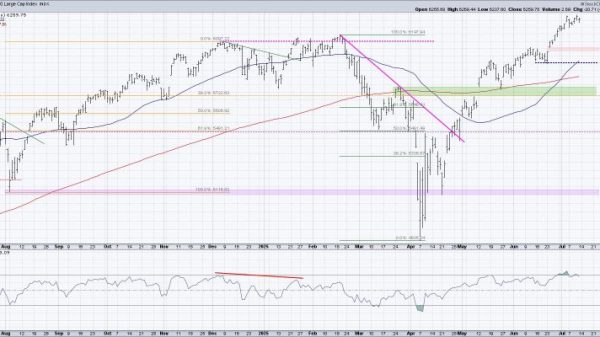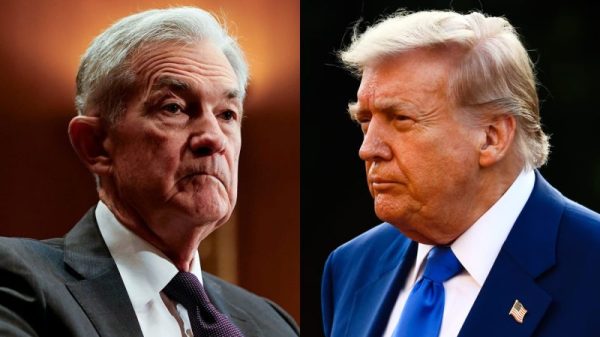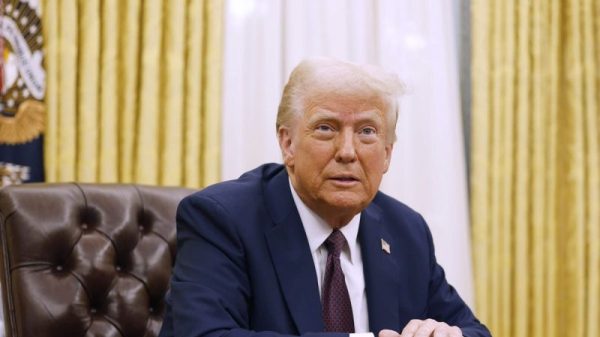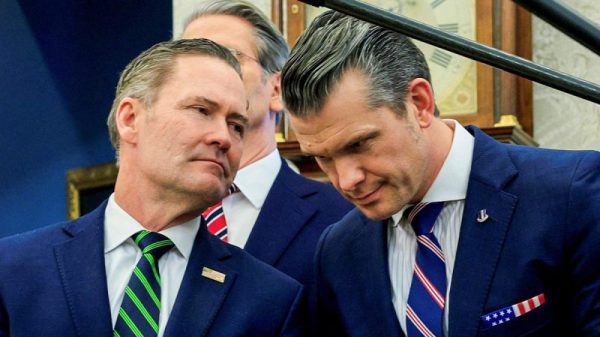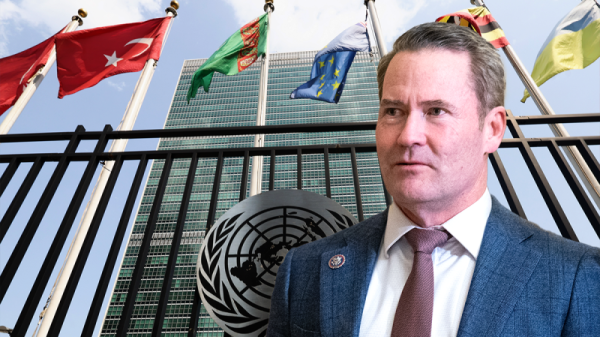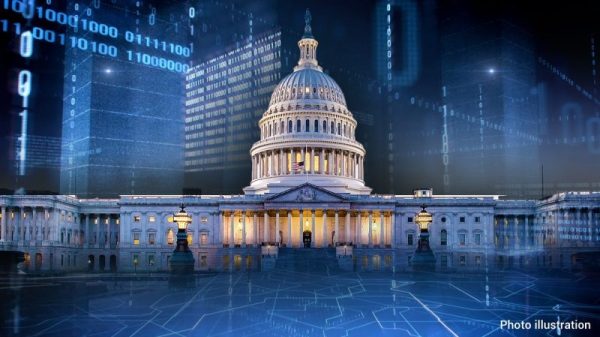In a recent turn of events, the UK government has faced accusations of stifling free speech and limiting individuals’ expression online. This controversy has sparked debates on the boundaries of free speech in the digital age, raising questions about the balance between personal freedoms and national security interests.
The government’s efforts to combat online harms, including the spread of hate speech, misinformation, and extremist content, have intensified in recent years. Legislation like the Online Safety Bill seeks to hold tech companies accountable for harmful content on their platforms, leading to concerns about potential censorship and overreach.
Critics argue that the government’s approach to regulating online speech is overly broad and risks chilling legitimate expression. By placing the burden on tech companies to monitor and remove content that may be deemed harmful, there is a fear that platforms could resort to excessive censorship to avoid penalties, resulting in the suppression of diverse viewpoints.
Moreover, the ambiguity surrounding what constitutes harmful content further complicates the issue. While it is essential to address online harms and protect individuals from abuse and discrimination, the subjective nature of evaluating content can make it challenging to strike a balance between safeguarding free speech and ensuring online safety.
The implications of cracking down on free speech extend beyond individual rights and have broader societal consequences. A healthy democracy thrives on the exchange of diverse ideas and perspectives, and any attempts to stifle free expression can erode the foundations of an open society.
In light of these concerns, it is crucial for policymakers to engage in transparent dialogue with stakeholders, including civil society organizations, tech companies, and the public. Developing clear guidelines and safeguards to protect free speech while addressing online harms is paramount in striking a delicate balance in the digital realm.
Ultimately, the challenge lies in finding a solution that upholds fundamental freedoms while effectively tackling online harms. As the UK government faces scrutiny for its approach to regulating online speech, it is crucial to prioritize a nuanced and inclusive discussion to navigate the complexities of free expression in the digital age.





